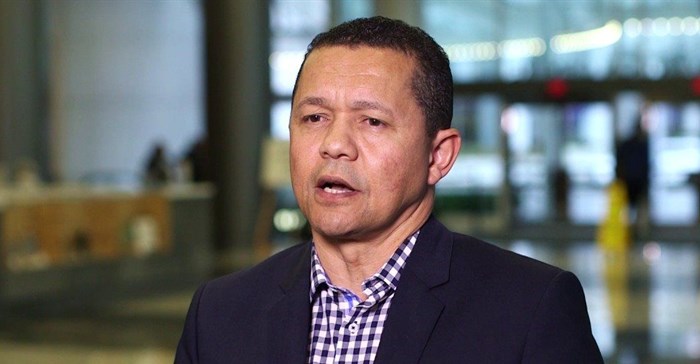Western Cape opts for high-flow nasal oxygen in severe cases of Covid-19

Head of provincial department of health, Dr Keith Cloete said the team at Tygerberg Hospital had decided to test the measure on seven people who were in critical care for Covid-19. Of the cohort, six people recovered and the seventh did not need to go on a ventilator, compared to the low recovery rate recorded on another six patients who were placed on ventilators.
Since then, 114 patients in critical care were assessed, with 70% going on to high-flow nasal oxygen. Of that 70%, 70% recovered which was considered an "excellent result", Cloete said.
As a result, the department will now be rolling out high-flow nasal infrastructure.as an an alternative for ventilated care, and laying pipes for the infrastructure and bringing the necessary equipment to Groote Schuur Hospital as well.
The team from Tygerberg found this could be done in a ward bed as well, if managed properly.
However, this means the hospital has to acquire the necessary mix of humidified oxygen required, and is competing with other countries which have also discovered this alternative.
Turning to bed use, Cloete warned the increased rate of incoming trauma cases meant there would be less intensive care unit beds for Covid-19 cases because they were set aside to cope with the anticipated number of patients in distress because of Covid-19.
Change in test protocol
In an interview on Cape Talk, Cloete explained the province's decision to change the testing protocol, mainly because of a shortage of test kits and the backlog in test results.
While everyone will still be screened, the focus will be on people who have symptoms in the following categories:
- People who have already been admitted to the hospital with Covid-19 symptoms;
- Healthcare workers with symptoms;
- People older than 55 with comorbidities;
- People younger than 55 with underlying conditions and Covid-19 symptoms;
- People who live in old age homes with Covid-19 symptoms.
“If you are under the age of 55 and don’t have comorbidities your likelihood of only getting a mild illness is very high. At the same time your risk of developing further symptoms which require you to go to hospital is very low,” he said.
Cloete noted that the city has had over 500 deaths and almost invariably the deaths are people over 55, have comorbidities, or a combination of the two.
“At this point in time your likelihood of getting a test (if you don’t meet these criteria) is very low,” he said.






















